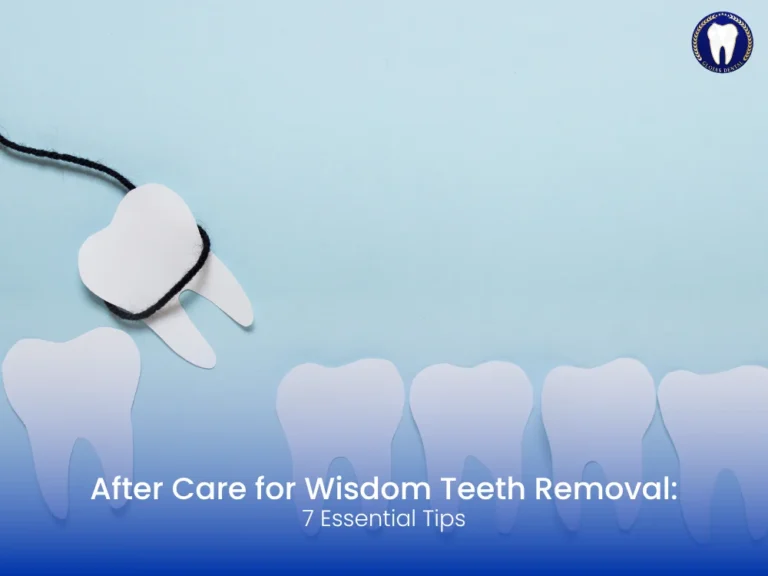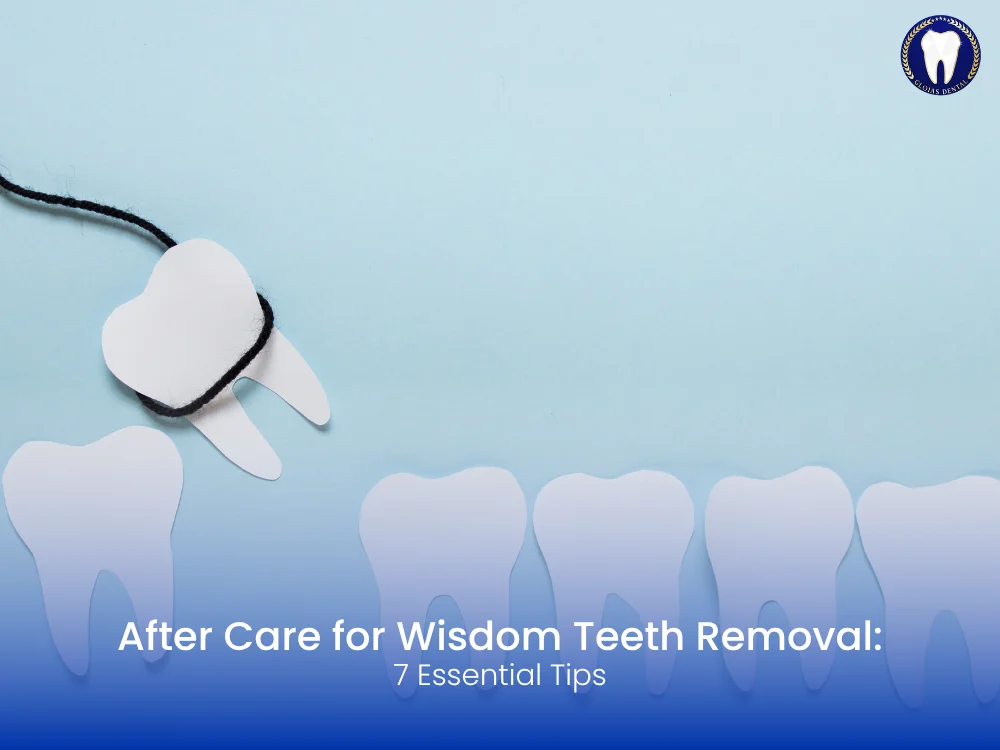Undergoing wisdom teeth extraction is a significant dental procedure that requires diligent post-operative care to ensure a smooth and complication-free recovery. Proper after care for wisdom teeth removal is crucial to minimize discomfort, prevent infections, and promote healing.
Understanding the Importance of After Care for Wisdom Teeth Removal
Effective after care for wisdom teeth removal plays a pivotal role in the healing process. Adhering to recommended guidelines can significantly reduce the risk of complications such as dry socket, infection, and prolonged pain.
Immediate Post-Operative Care
Managing Bleeding
After the extraction, it’s normal to experience some bleeding. To control this:
- Bite gently on a gauze pad placed over the surgical area for 30-45 minutes.
- If bleeding continues, replace the gauze and maintain gentle pressure.
- Avoid spitting or rinsing vigorously to prevent dislodging the blood clot.
Controlling Swelling
Swelling is a common response to surgery. To minimize it:
- Apply an ice pack to the affected area for 15-20 minutes every hour during the first 24 hours.
- Keep your head elevated, especially when sleeping, to reduce swelling.
Pain Management
Discomfort is expected after the procedure. To manage pain:
- Take prescribed pain medications as directed.
- Over-the-counter analgesics like ibuprofen can help alleviate mild to moderate pain.
- Avoid aspirin, as it can increase bleeding.
Dietary Recommendations
First 24 Hours
Stick to a liquid or soft-food diet to avoid disturbing the surgical site:
- Consume broths, smoothies, and yogurt.
- Avoid hot, spicy, or acidic foods that can irritate the area.
Following Days
Gradually reintroduce semi-soft foods as tolerated:
- Mashed potatoes, scrambled eggs, and soft pasta are suitable options.
- Continue to avoid crunchy or hard foods that can disrupt healing.
Oral Hygiene Practices
Maintaining oral cleanliness is vital:
- Do not rinse your mouth or brush your teeth for the first 24 hours.
- After 24 hours, gently rinse with warm salt water after meals to keep the area clean.
- Resume brushing, avoiding the surgical site, and use a soft-bristled toothbrush.
Activities to Avoid
To ensure proper healing:
- Refrain from smoking or using tobacco products, as they can delay healing and increase infection risk.
- Avoid using straws, as the suction can dislodge the blood clot.
- Limit physical activity for a few days to prevent increased bleeding and swelling.
Monitoring for Complications
Be vigilant for signs of potential issues:
- Persistent or severe pain may indicate dry socket, requiring professional attention.
- Swelling that worsens after a few days or the presence of pus may signal an infection.
- If you experience fever, difficulty swallowing, or excessive bleeding, contact your dentist immediately.
Frequently Asked Questions FAQs
1. How long does recovery take after wisdom teeth removal?
Recovery typically spans 7 to 10 days, with the first few days being the most uncomfortable. Adhering to after care instructions can expedite healing.
2. Can I brush my teeth after the extraction?
Avoid brushing for the first 24 hours. Afterward, gently brush your teeth, steering clear of the extraction site to prevent irritation.
3. Is it normal to have swelling and bruising?
Yes, swelling and bruising are common and usually peak within 48 to 72 hours post-surgery, then gradually subside.
4. What foods should I avoid during recovery?
Steer clear of hard, crunchy, spicy, or acidic foods that can irritate the surgical area or dislodge the blood clot.
5. When can I resume normal activities?
Light activities can typically be resumed after a few days, but strenuous exercise should be avoided for at least a week to prevent complications.
6. What is dry socket, and how can I prevent it?
Dry socket occurs when the blood clot at the extraction site is dislodged, exposing bone and nerves. Prevent it by avoiding smoking, using straws, and following your dentist’s after care instructions diligently.

